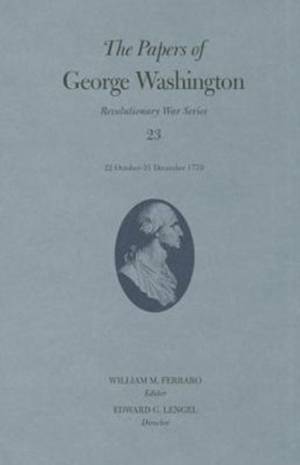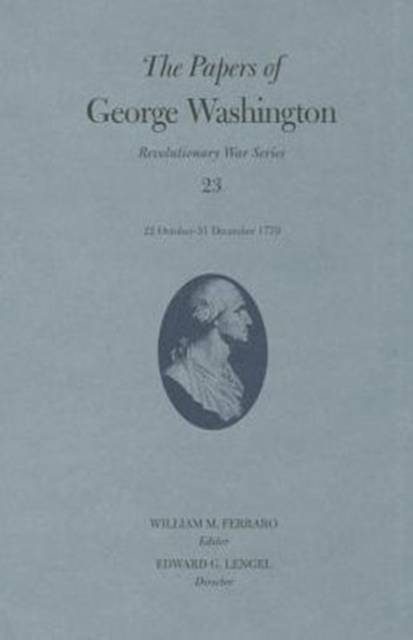
- Afhalen na 1 uur in een winkel met voorraad
- In januari gratis thuislevering in België
- Ruim aanbod met 7 miljoen producten
- Afhalen na 1 uur in een winkel met voorraad
- In januari gratis thuislevering in België
- Ruim aanbod met 7 miljoen producten
Omschrijving
As October 1779 became November, George Washington realized that autumn had advanced too far for a combined Franco-American assault against the British forces in New York City that year, and he curtailed preparations. After a large British expedition departed New York in late December, Washington concentrated on settling his Army for the winter, which already had become unusually snowy and brutally cold. Troubles confronting the army and the incipient nation did not erode Washington's sense of humanity. When Elizabeth Burgin, a widow who had assisted American prisoners in New York City, called upon him for assistance, Washington ordered the commissary at Philadelphia to provide her with provisions and successfully urged Congress to extend additional relief. He also took careful measures to facilitate his wife Martha's travels fro Mount Vernon to join him at winter camp at Morristown. As British persistence, physical suffering among the troops, financial difficulties, and widespread disgruntlement eclipsed the optimism emanating from the enemy's evacuation of Rhode Island that October, Washington's personal fortitude and steadiness at this daunting time was crucial to the revolutionary cause.
Specificaties
Betrokkenen
- Auteur(s):
- Uitgeverij:
Inhoud
- Aantal bladzijden:
- 904
- Taal:
- Engels
- Reeks:
- Reeksnummer:
- nr. 23
Eigenschappen
- Productcode (EAN):
- 9780813936956
- Verschijningsdatum:
- 20/10/2015
- Uitvoering:
- Hardcover
- Formaat:
- Genaaid
- Afmetingen:
- 170 mm x 241 mm
- Gewicht:
- 1451 g

Alleen bij Standaard Boekhandel
Beoordelingen
We publiceren alleen reviews die voldoen aan de voorwaarden voor reviews. Bekijk onze voorwaarden voor reviews.









